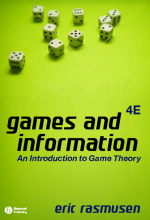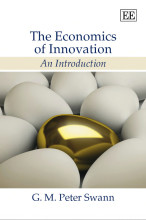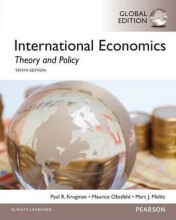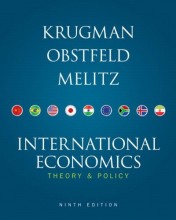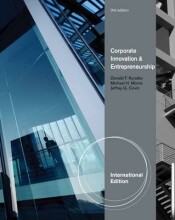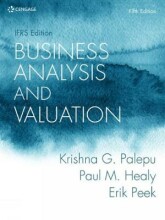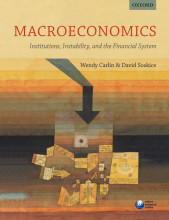Article - Frey: motivation as a limit pricing
11 important questions on Article - Frey: motivation as a limit pricing
Motivation crowding effect:
Motivation spill-over effect:
Three types of cognitive conditions under which increased monetary rewards diminish agents’ intrinsic motivation to perform a task:
fairness
self determination
- Higher grades + faster learning
- Never study anything twice
- 100% sure, 100% understanding
There are three kinds of crowding effects:
crowding neutral
crowding out
Describe crowding in effect
Describe crowding out effect
Conditions favouring positive or negative influence of pricing on intrinsic motivation:
Characteristics of external intervention
Desrribe Characteristics of external intervention
- The more a reward is contingent on task engagement and on the performance desired by the principal, the more strongly the locus of control is shifted from intrinsic to extrinsic preferences, and the stronger the crowding-out effect.
- The more strongly pricing implies an acknowledgement of the agent’s intrinsic motivation, the more strongly it fosters intrinsic motivation.
Describe Framework in which monetary rewards/punishments are undertaken
- The more interesting a task for the agent, the higher his intrinsic motivation to perform well. Increased monetary rewards or punishments reduce self-determination and self-evaluation of one’s competence.
- The more extensive an agent’s participation possibilities, the higher his intrinsic motivation.
Motivation spillovers Two sectors:
Read Frey’s “Motivation as a limit to pricing” and explain the title. How could (problems with) motivation limit the possibilities of pricing?
The question on the page originate from the summary of the following study material:
- A unique study and practice tool
- Never study anything twice again
- Get the grades you hope for
- 100% sure, 100% understanding



















